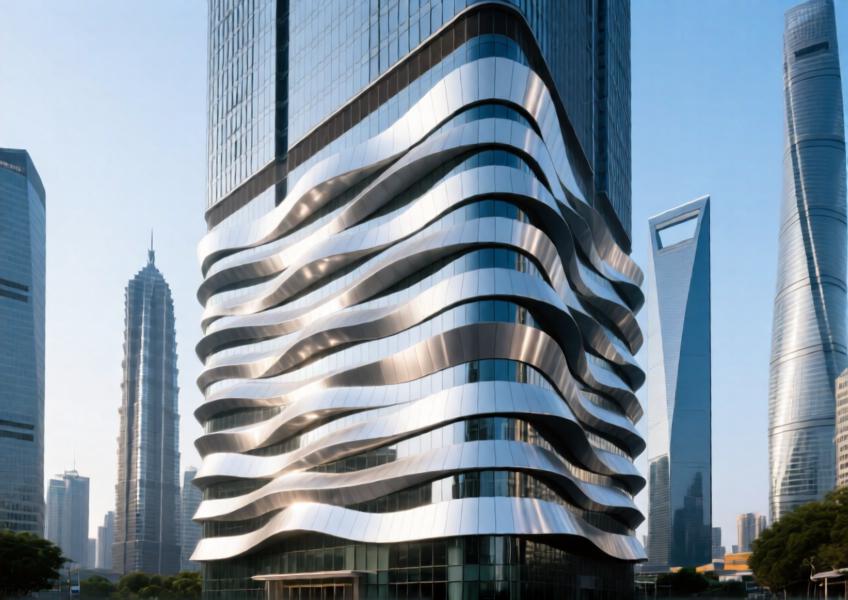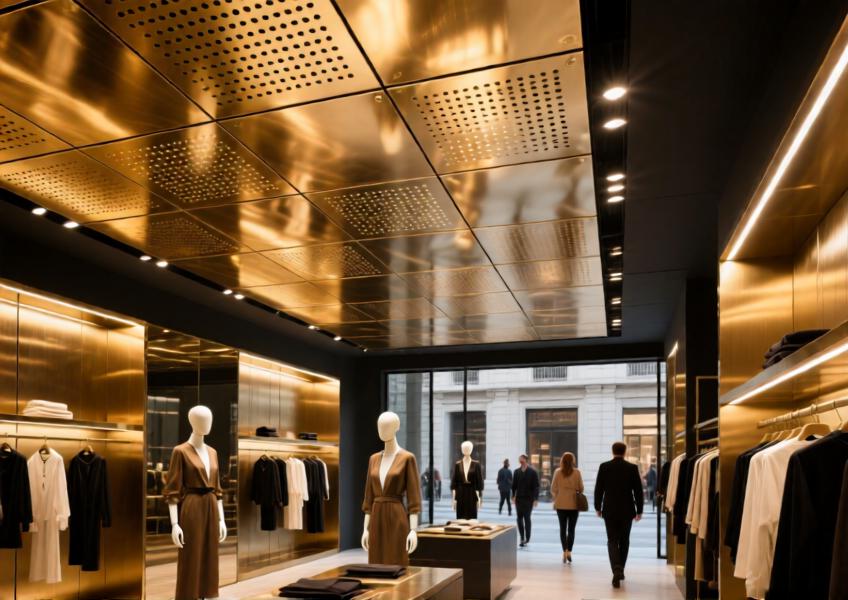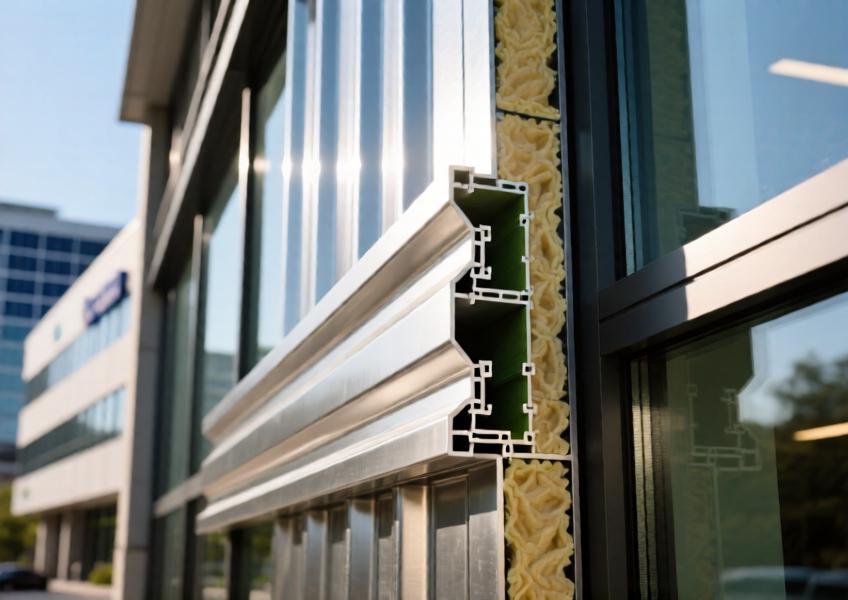

In the evolving landscape of architectural design, metal cladding panels have emerged as a defining element in both curtain wall systems and commercial interior spaces. Their versatility, durability, and aesthetic appeal make them a preferred choice for architects and designers aiming to merge functionality with visual impact.
Metal cladding panels are extensively used in modern curtain wall construction, where they serve not only as protective skins but also as expressive design features. Their lightweight nature allows for expansive, uninterrupted façades that can be tailored to reflect light in dynamic ways. In high-rise buildings, aluminum composite panels—often a type of metal cladding panel—are favored for their strength-to-weight ratio and resistance to weathering. A striking example is the façade of a contemporary office complex in Shanghai, where undulating metal cladding panels create a fluid, wave-like effect, transforming the building into a sculptural landmark.

Beyond exterior applications, metal cladding panels are increasingly finding their way into commercial interiors. In high-end retail spaces and corporate lobbies, these panels offer a sleek, industrial elegance. Their ability to be perforated, embossed, or coated in a range of finishes allows for endless customization. For instance, a luxury fashion boutique in Milan utilized brushed brass metal cladding panels to craft a shimmering ceiling feature that guides customers through the space, blending warmth with modernity.

Sustainability is another growing concern in architectural design, and here too, metal cladding panels shine. Many are made from recycled materials and are fully recyclable at the end of their lifecycle. Their thermal performance can also be enhanced with insulation layers, contributing to energy-efficient building envelopes.

As design demands grow more sophisticated, metal cladding panels continue to evolve—offering architects a medium that is as technically advanced as it is visually compelling.